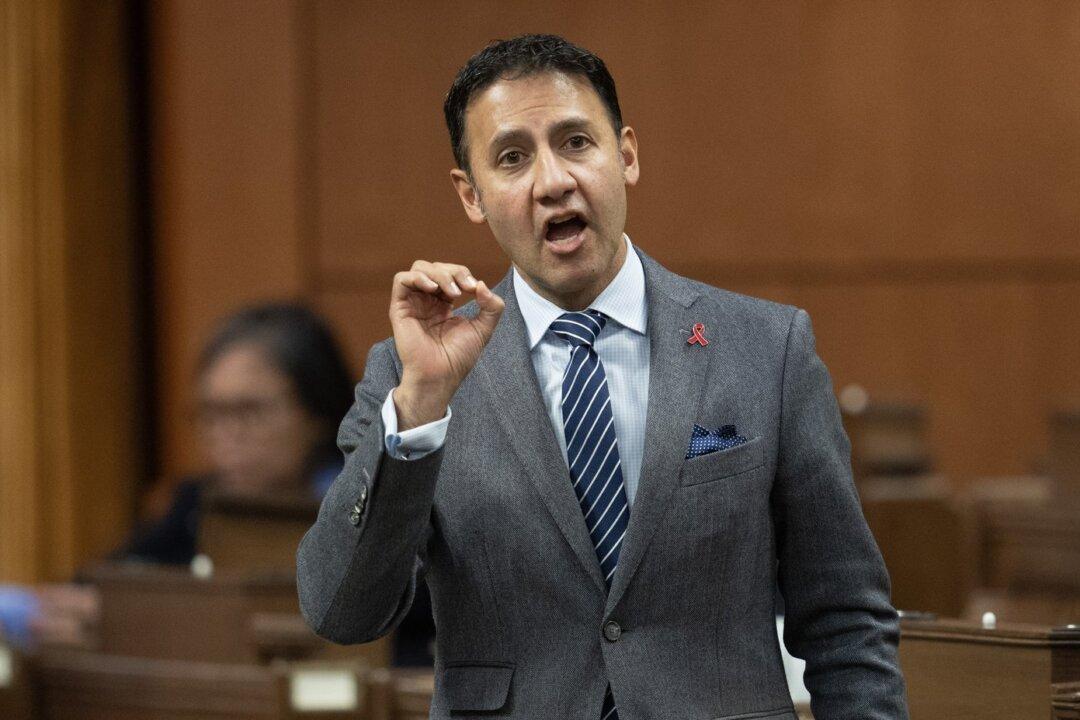Justice Minister Arif Virani said he would be open to amending the Online Harms Act while defending the bill in the House of Commons June 7.
While Conservatives say the the Liberal’s legislation to police online behaviour would infringe Canadians’ Charter rights, the Bloc is calling for the legislation to be split into two parts so the more controversial aspects can be further debated.





